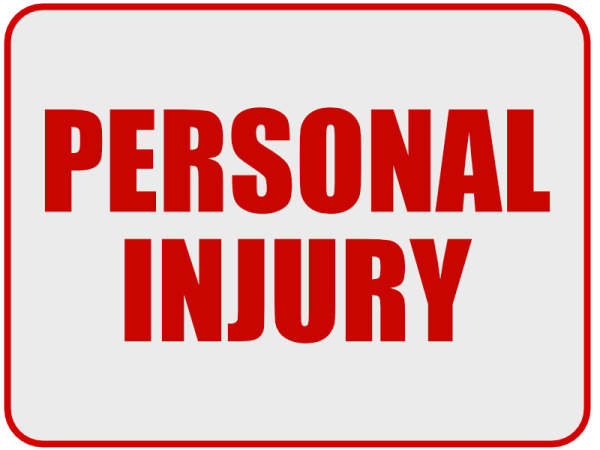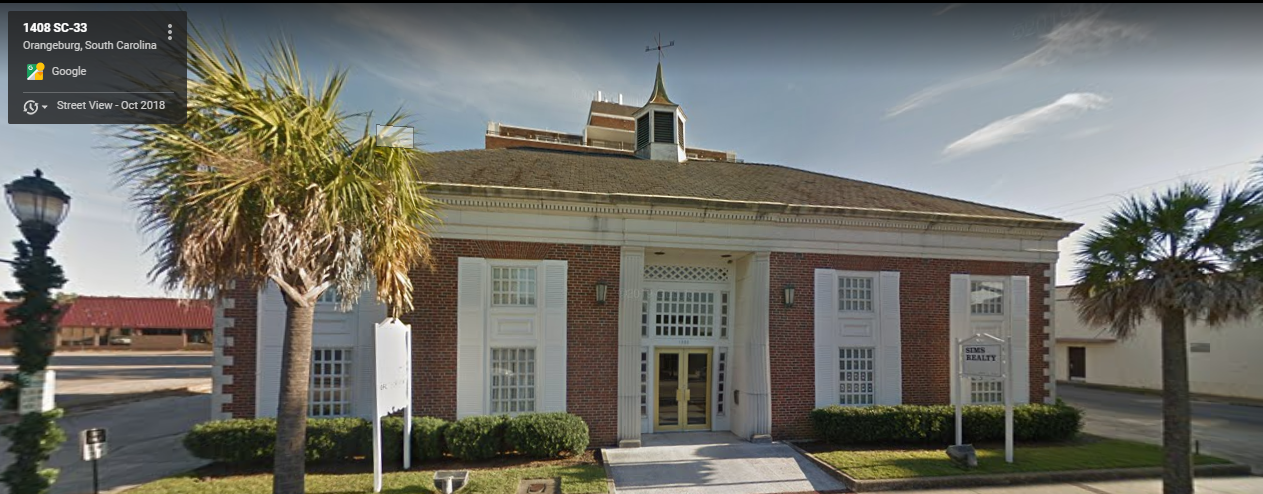What To Expect at Trial in a Personal Injury Case

In many cases of an accident involving clear liability and personal injury, parties are able to settle prior to the injured party filing suit. Usually, settlement negotiations are between the hurt party and the insurance carrier of the at-fault party. If the accident was a car wreck, and the at-fault party was not insured, normally the injured party’s uninsured motorist coverage will settle to cover the damages sustained (hint: Always request uninsured motorist coverage, as it is optional). Even if cases don’t settle prior to filing suit, they will still settle during the litigation process as parties get more information about the valuation of the case during discovery. Before going to trial in South Carolina under most circumstances involving injury, parties must attempt mediation before trial. Few cases actually go to trial, but it’s critical to understand what to expect at trial as a party to a lawsuit.
First, it’s important to understand the sequence of events at trial. The trial will start with lawyers in front of the judge making arguments about what happens at trial (motions to limit what the other party can present to a jury, jury instructions, etc.). Then the parties pick a jury, which will involve both the parties and their lawyers deciding which jurors to be struck and which to allow to be seated (each side has a specific number of “strikes” and can also argue for striking jurors for cause like potential bias). It’s very important to pay close attention to information about the jurors in trying to determine which potential jurors would be best on the jury panel, and know that parties, not lawyers, have the final determination. Then comes opening arguments by each party’s lawyer (Plaintiff bringing the case is generally first), in which the lawyer tells the jurors what evidence will be presented and how that evidence helps prove the case by the relevant law. Then lawyers will present respective case to the jurors, starting with the Plaintiff's attorney. This involves calling all witnesses, including parties, and going through direct examination by asking questions and authenticating evidence (documents, pictures, etc.) that will go to the jury, then allowing for the opposing side to cross-examine witnesses. Finally, lawyers end their case with closing arguments, in which they remind juries of the evidence and testimony, and why they must deliver a verdict for their respective client.
During trial, including while the lawyer is making arguments to the judge and jury and questioning witnesses, it’s important for the party to remain actively involved in the process. Decisions about striking jurors are crucial and involve the party. Parties should help provide lawyers with questions they should consider asking on cross-examination of witnesses after watching the direct examination. In many cases, the parties know a witness personally and understand them better. Parties also know the details of their own case best, like what happened during the accident or the actual treatment performed, and are in a position to provide critical input to lawyers. Additionally, parties can watch jurors while lawyers are busy and can pick up on body language that might be helpful to lawyers. They may catch a juror falling asleep, or even come to knowledge of why a juror should be dismissed. Finally, parties should be able to help the lawyer to think about how to best present closing arguments.
The parties must live with the final result of the trial, the verdict, and have the greatest stake in that verdict. The lawyers will move on to other cases (potentially file an appeal). The party at trial is must be involved throughout the process and know they did everything possible to bring the best result.
Bill Connor
 Orangeburg Attorney Bill Connor received his Bachelor of Arts from The Citadel in 1990, and after serving for over a decade as an Infantry Officer in the U.S. Army, including three deployments to the Middle East, he received his Juris Doctorate from The University of South Carolina in 2005. In 2012, Bill was honored to receive an AV® Preeminent™ Peer Review Rating by Martindale-Hubbell®, the top peer rating for American lawyers. Receiving this rating at such an early point in his career is unheard of among lawyers.
Orangeburg Attorney Bill Connor received his Bachelor of Arts from The Citadel in 1990, and after serving for over a decade as an Infantry Officer in the U.S. Army, including three deployments to the Middle East, he received his Juris Doctorate from The University of South Carolina in 2005. In 2012, Bill was honored to receive an AV® Preeminent™ Peer Review Rating by Martindale-Hubbell®, the top peer rating for American lawyers. Receiving this rating at such an early point in his career is unheard of among lawyers.






